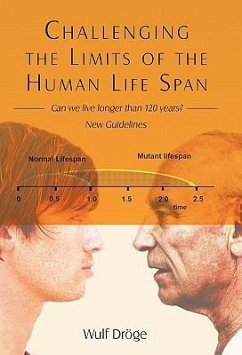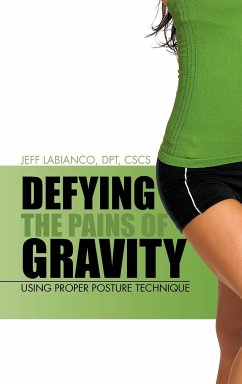Interventions that delay aging are expected to improve health. In the current US National Institute on Aging's Interventions Testing Program (ITP) the immunosuppressive drug rapamycin was found to increase the maximum life span in mice. These mice started receiving this treatment at an age corresponding to 60 years in humans. Rapamycin targets the same mechanism which was critically involved in the life span extension previously seen in certain mutants of worms flies and mice. The maximum life span was increased in some of these mutants by more than 250 percent, suggesting 1) that the maximum life span is limited by a common mechanism of death, and 2) that humans may possibly gain a few more decades beyond 120 years by interfering in this mechanism. As rapamycin has important adverse effects, this books looks into the underlying mechanisms and describes several natural interventions likely to decrease the rate of aging without using pharmacological drugs
Hinweis: Dieser Artikel kann nur an eine deutsche Lieferadresse ausgeliefert werden.
Hinweis: Dieser Artikel kann nur an eine deutsche Lieferadresse ausgeliefert werden.








